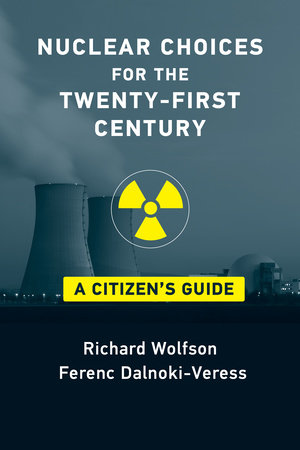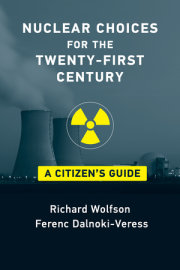Preface
Chapter 1 Nuclear Questions, Nuclear Choices
Part I The Nuclear Difference
Chapter 2 Atoms and Nuclei
Chapter 3 Radioactivity
Chapter 4 Radiation
Chapter 5 Energy from the Nucleus
Part II Nuclear Power
Chapter 6 Energy: Using It, Making It
Chapter 7 Nuclear Reactors
Chapter 8 Reactor Safety
Chapter 9 Nuclear Waste and Fuel Cycles
Chapter 10 A Future for Nuclear Fission?
Chapter 11 Nuclear Fusion
Part III Nuclear Weapons
Chapter 12 Nuclear Weapons: History and Technology
Chapter 13 Effects of Nuclear Weapons
Chapter 14 Delivering Nuclear Weapons
Chapter 15 Nuclear Strategy
Chapter 16 Nuclear Terrorism
Chapter 17 Defense in the Nuclear Age
Chapter 18 Arms Control and Nuclear Proliferation
Chapter 19 A World Without Nuclear Weapons?
Chapter 20 Nuclear Power, Nuclear Weapons, Nuclear Futures
Index




